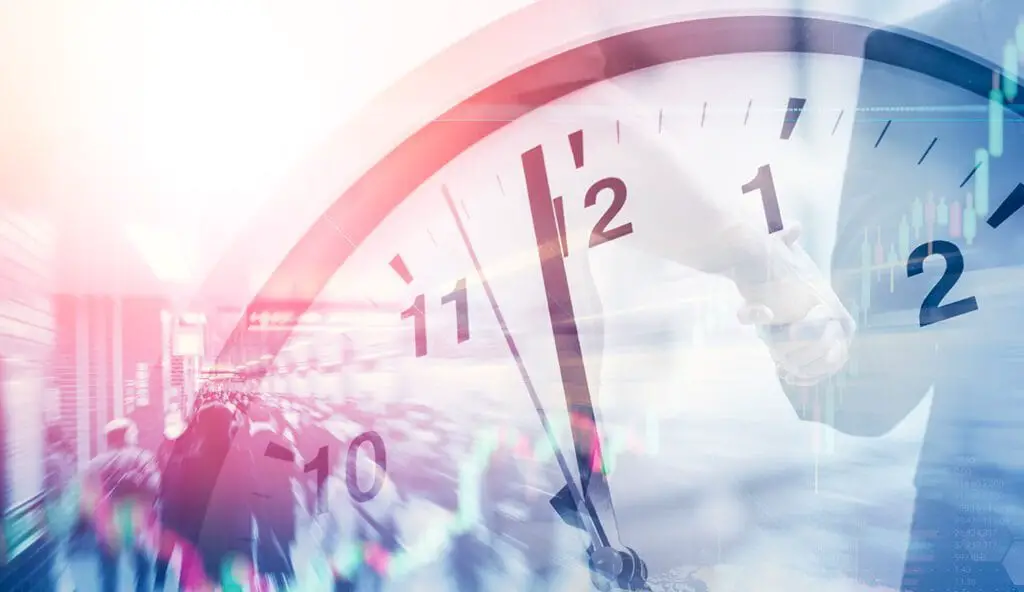


Since the outbreak of the COVID-19 pandemic, the passage of time has been altered for many people. Most find it quite difficult to track time, with others saying it feels like time stopped in 2019, hours seem to pass slowly, days are becoming blurry, and some say that time is passing by quickly. This is an interesting phenomenon that previous studies have shed light on. Several researchers linked time distortions to mental health problems, including depression and anxiety from trauma.
The association between the prevalent distortion in time and mental health issues from trauma during the experiences brought by the pandemic makes it a significant risk factor that should be addressed with early interventions, according to Irvine researchers from the University of California. Hence, in their recent study published in the journal Psychological Trauma: Theory, Research, Practice, and Policy, they examined the extent to which the phenomenon referred to as “temporal disintegration” was prevalent during the initial six months of the pandemic.
According to the American Psychological Association, the COVID-19 pandemic has been a remarkable communal trauma that has created a chain reaction of extended secondary stress and trauma exposures.
In light of this, many people’s perceptions of time changed as they became more concerned with the immediate and present danger brought by the pandemic and the uncertainty it has on people’s plans.
Concerning this, the new study suggests that the perceived time distortions during the pandemic were predicted by the secondary stresses related to the outbreak, including COVID-19-related media exposure, school closures, lockdowns, and financial struggles.
The study was the first to assess the prevalence and early predictors of the said time distortions during the pandemic where researchers used a probability-based nationwide sample of 5,661 participants from the AmericaSpeak panel of the National Opinion Research Center to analyze responses regarding altered time perceptions and other pandemic-related experiences.
Surveys were carried out between September 26, 2019, and October 1, 2020, assessing their physical and mental health before the COVID-19 outbreak on January 26, 2022.
After a thorough assessment of the responses from the participants, the researchers arrived at two main findings, including:
The researcher also found prevalent reports of usual experiences linked to time perception, such as;
The study also provided a unique cognitive response to COVID-19 based on other factors and found that:
Based on the findings, it can be concluded that time may be distorted due to exposure to high-arousal or complex experiences, including the pandemic. The prevalence and similarity of these experiences are probably due to the disruption of regular routines, the disappearance of temporal landmarks that serve as external limits for time perception, and the subjective, internal experiences that influence how one perceives the passage of time.
The collective trauma experience brought by the COVID-19 pandemic, which significantly altered the life of most individuals in the present and future, has also impacted our perception of the passage of time. Since one’s well-being depends on continuity between one’s past experiences, present circumstances, and hopes for the future, the interruption of this synergy may result in mental health issues. Seeing time perception distortions in this light calls for immediate and equal attention to prevent its effect on one’s mental well-being and overall life.
Holman, E. A., Jones, N. M., Garfin, D. R., & Silver, R. C. (2022). Distortions in time perception during collective trauma: Insights from a national longitudinal study during the COVID-19 pandemic.Psychological Trauma: Theory, Research, Practice, and Policy. Advance online publication. https://doi.org/10.1037/tra0001326